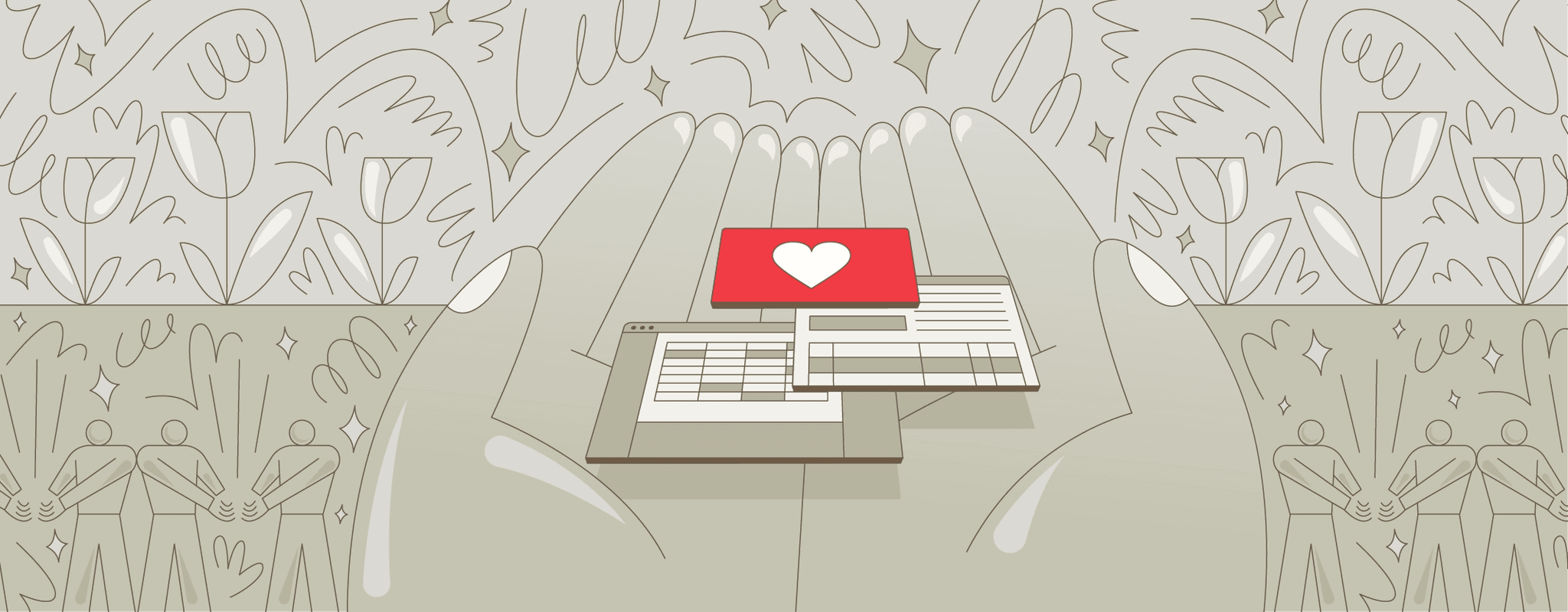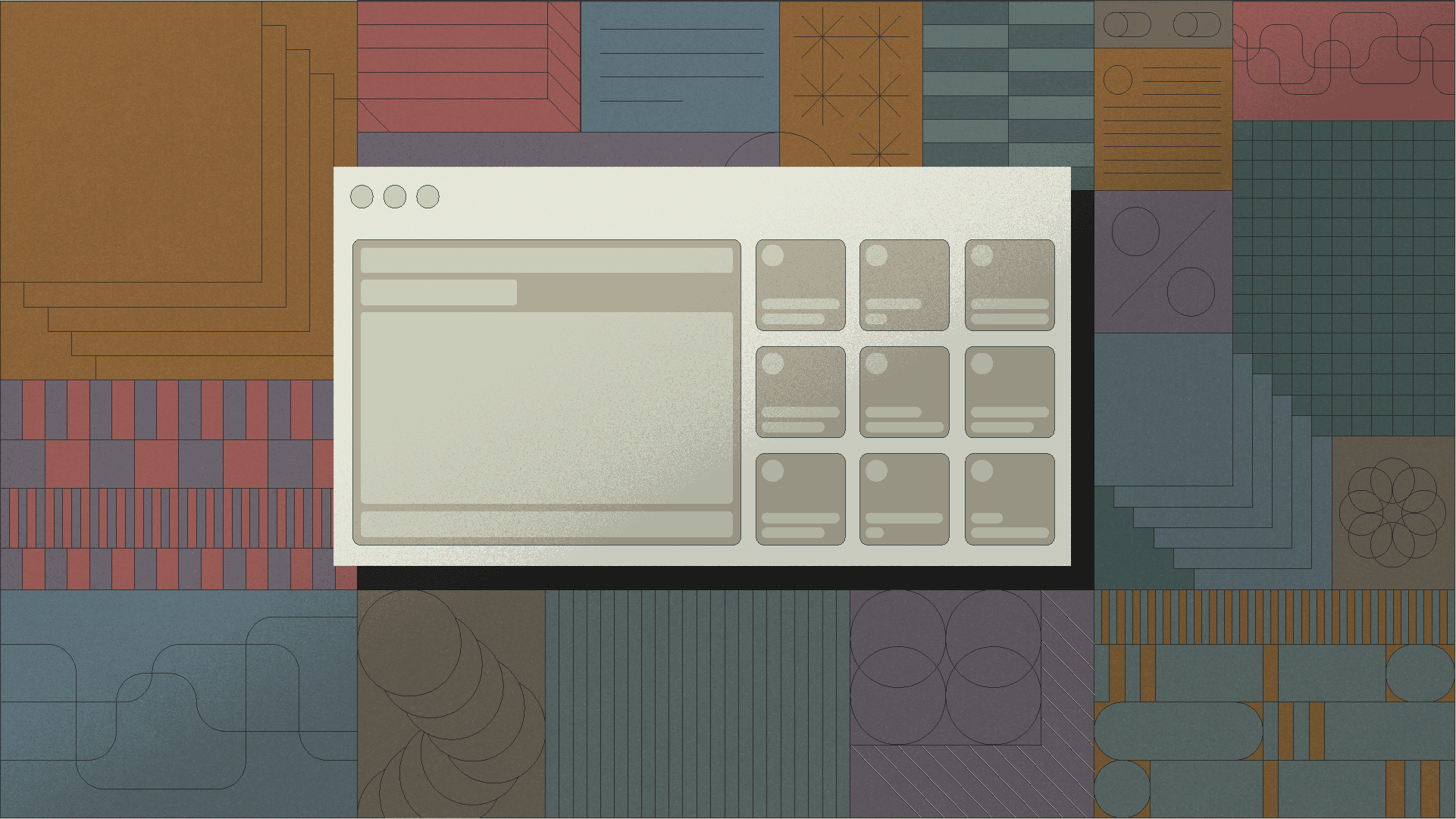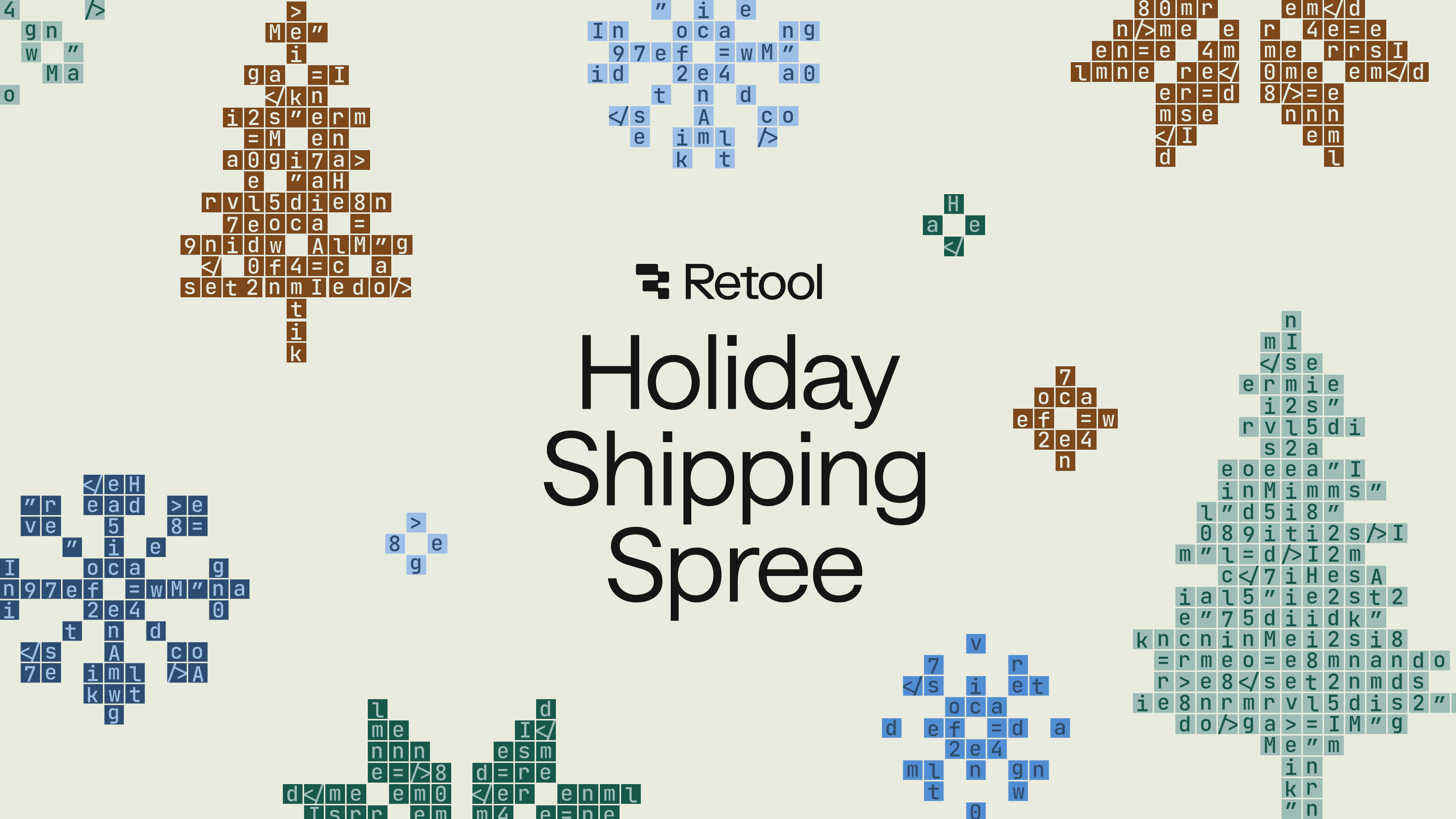On February 6, 2023, an earthquake occurred in southern Turkey (Türkiye) near the northern border of Syria. The quake measured 7.8 on the Richter scale—the most intense quake to hit the region in two decades, and the deadliest in hundreds of years. It was followed by a magnitude 7.5 earthquake nearby, with aftershocks numbering in the thousands.
A state of emergency was declared, and humanitarian efforts commenced, but with needs dire and weather conditions delaying assistance, large-scale efforts could hardly move fast enough.

Ismail Ceylan, co-founder of Zeplin, was moved to help. With roots in Turkey and friends in the area, what better way than to leverage the capabilities he knew he had at hand?
With Zeplin’s commitment to high-quality, user-first design and Ismail’s experience with Retool’s platform for building apps quickly, an idea was born. He could build a demand submission tool to connect those in need with emergency supplies more efficiently. And he could do it quickly.
The app Ismail built cut through the manual labor of tracking and cross-referencing data across multiple sources of information. With just a weekend’s work, he had a usable app to offer to smooth the flow of information and multiply the impact he and those volunteering in the region could have.
The impact of the quakes has been catastrophic. The earthquakes and related vulnerabilities in the region resulted in the deaths of over 50,000 people in Turkey and Syria. Millions live in the affected area.
There is no quick recovery from such a crisis. Direct damages in Turkey are estimated at over $34 billion, and the disruption to communities and families is almost impossible to fathom.
“One city, for example, has been completely destroyed,” says Ismail. “There are no banks or bankers, no petro or gas station. There are no grocery stores or cashiers.”
Access to healthcare, supplies, education, food, and shelter has been upended, leaving millions in need. “There are multiple cities across 11 provinces affected like this,” says Ismail. “Entire networks have died, and families have lost their jobs. Thousands of teachers are unemployed now. There will be no schools for another year or two.”
The complexity and scale of the issues people face are hard to comprehend, and speed was vital to supporting the most vulnerable in the early weeks of response. Even with formal humanitarian efforts underway, small, meaningful efforts mattered immensely, too.
From across the globe in San Francisco, Ismail first worked with friends volunteering in the region to deliver tents, first aid kits, blankets, heaters, and emergency packages to those affected by the crisis. Those on the ground asked him to help with tools to monitor stocks of emergency supplies, track the logistics of packages, and record their supply against the incoming demands for goods.
It was a huge undertaking that was initially managed on paper, but Ismail recognized a problem he was used to solving. The volunteers needed an app that was quick to build but flexible enough to customize as things evolved rapidly on the ground.
Ismail spent the weekend using Retool to build an app that could be rolled out straight away to volunteers to help streamline the movement of goods and ensure they could get the right supplies to the right people as efficiently as possible.
They focused on what they could source and developed a system to connect people to the goods they needed most. At first, these efforts were about making simple connections, like matching available tents with specific people who needed them, then ensuring delivery was carried out after a match was made.
Later, as more humanitarian organizations arrived and started handling essentials like food, tents, and hygiene supplies on a larger scale, Ismail and friends looked at another layer of loss: education. The schools were gone, the books were gone, and students who should have been preparing for their university entrance exams were without resources to do so.
Recognizing that they could use the app to support other forms of critical aid, Ismail and team coordinated a steady flow of books, reaching students in tents set up as makeshift schools. (The group ultimately registered as an NGO to continue this work, and to help them spin up a scholarship program to support the students.)
For some who had feared attending university after the earthquakes would be unattainable, their dreams started to feel possible again.
Humanitarian efforts are often seen as monolithic and impersonal, with tremendous effort going to simply raise funds for organizations on the ground. These efforts are vital, but those who have seen a crisis of this scale know there is almost always a need for more assistance, more efficiency, more care.
By focusing on a problem he knew how to solve and leveraging a tool he knew would be an effective solution, Ismail was able to move quickly to help at a time when minutes mattered.
The app he built with just a weekend’s work enabled a smooth flow of information that multiplied the impact he and the volunteers on the ground could have. It was built to be easy to use, encouraging quick adoption by others. Its flexibility allowed Ismail and his fellow volunteers to adapt in real time as they learned what could increase their impact. Ultimately, the app facilitated the management of demands and improved coordination among the approximately 60 volunteers involved in the relief operations.
The right tools can power the best of what humans can do. Sometimes that means building apps to deliver critical disaster relief and mutual aid—getting tents, books, and emergency packages into the hands of those who need them most.
How could the right tools help you make an impact? Let us know at toolsforpeople@retool.com
Reader



